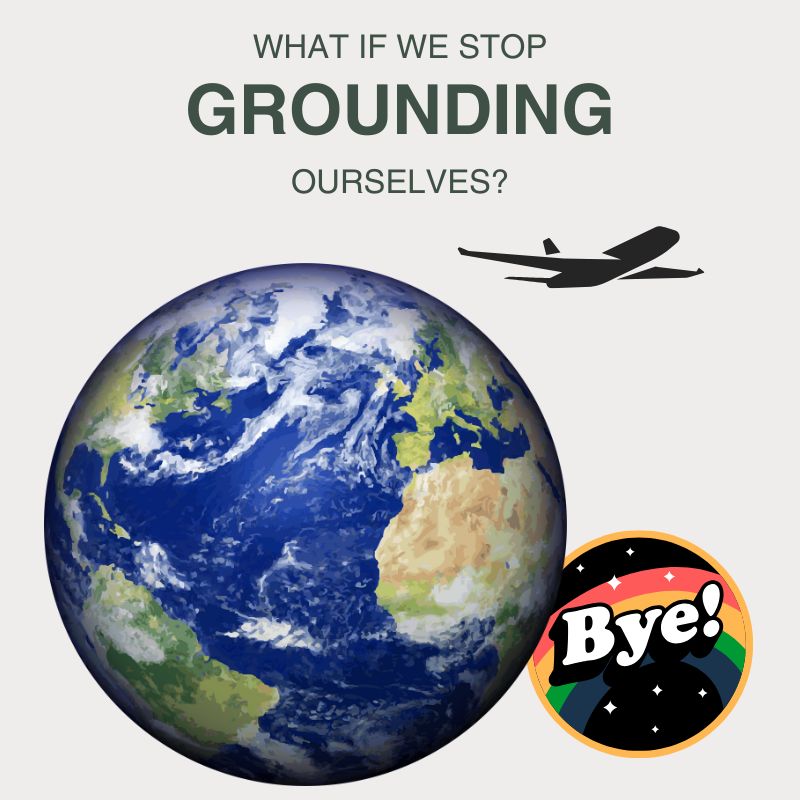
What if we lose connection with earth?
When we lose our connection with the Earth and stop grounding, the shift doesn’t happen overnight. It’s subtle at first—barely noticeable among the rush of daily life. But the more time we spend insulated from the ground beneath us, the more the effects accumulate. Modern living keeps us surrounded by concrete, synthetic flooring, rubber-soled shoes, and artificial lighting. All of these things create a barrier between us and the natural electrical field of the Earth—a field our bodies have evolved alongside for millions of years.
This connection is not just symbolic or spiritual; it’s deeply physiological. When we are in direct contact with the Earth—through bare feet on grass, sand, or soil—our bodies naturally absorb its negative electrical charge. This charge helps neutralize free radicals, the unstable molecules that contribute to oxidative stress. Without regular grounding, oxidative stress can build up in the body, damaging cells, accelerating aging, and impairing the body’s ability to function at its best. Over time, oxidative stress is linked to conditions such as cardiovascular disease, neurodegeneration, and weakened immune function.
Inflammation, another key factor in many chronic illnesses, can also increase when we are disconnected from the Earth. Grounding has been shown in several studies to reduce markers of inflammation in the body, but without it, our systems may remain in a heightened inflammatory state for longer. This means that the small, everyday micro-injuries caused by exercise, stress, or even normal wear and tear take longer to repair. Wound healing may slow, joint and muscle discomfort may linger, and the body’s recovery from illness or exertion may be noticeably less efficient.
The nervous system also suffers when grounding is absent. Our bodies have a built-in electrical communication network, and contact with the Earth helps stabilize it. Without that stabilizing influence, the nervous system can become more reactive, keeping us stuck in a state of heightened alert. This “always on” mode increases cortisol levels, disrupts sleep cycles, and makes it harder to shift from stress back into relaxation. As a result, mental clarity can suffer, mood swings may become more common, and even decision-making can be clouded by underlying tension.
On an emotional and spiritual level, losing our connection to the Earth can make us feel unanchored. We may become more “in our head” and less aware of our body’s signals, intuition, and natural rhythms. It’s as if we’re floating slightly above the ground, disconnected from the calm, steady energy that nature provides. Over time, this lack of grounding can make life feel more chaotic, our reactions sharper, and our ability to find inner stillness more elusive.
Reconnecting with the Earth is not just a pleasant wellness ritual—it is a fundamental act of returning our bodies and minds to the environment they were designed for. Grounding offers a natural way to counteract inflammation, reduce oxidative stress, support faster healing, stabilize the nervous system, and restore emotional balance. Without it, we drift further away from the conditions in which human beings have always thrived, leaving us more vulnerable to the physical, mental, and emotional stresses of modern life.
